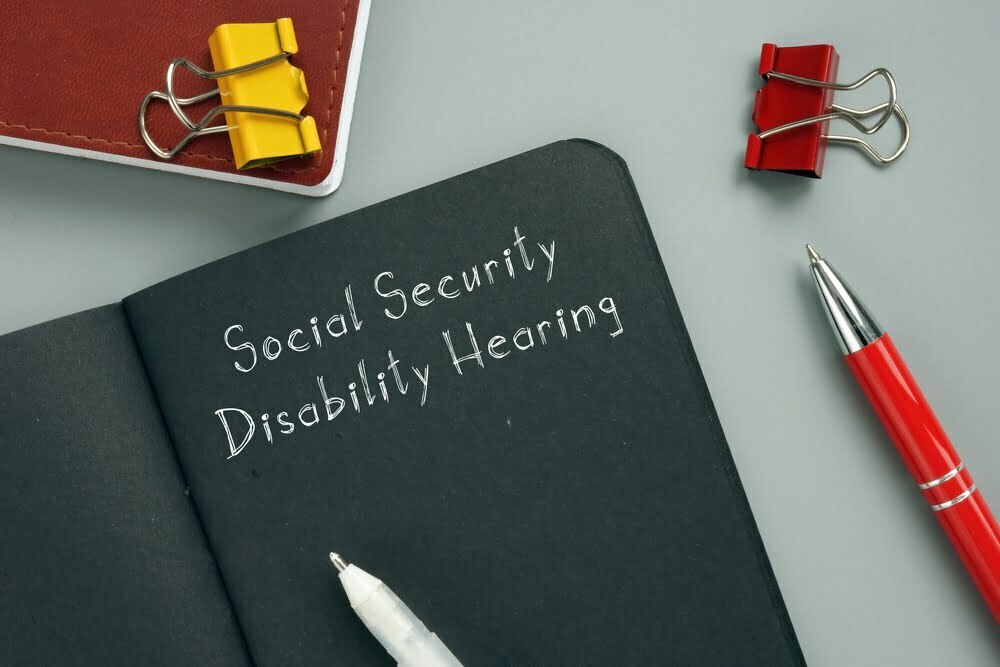In order to petition for your relative to immigrate to the United States, you must: 1) be in the correct legal status and 2) not have been convicted of certain crimes. I will discuss both requirements in this post.
Legal Status
If you are a citizen of the United States, you may petition for your parent, spouse, child, unmarried adult son or daughter, and brother or sister.
If you are a lawful permanent resident of the United States, you may petition for your spouse, child and unmarried son or daughter.
It is not possible to petition for any other kind of family relative such as grandparents, grand-children, cousins, aunts or uncles. Similarly, the only persons who may petition are citizens and lawful permanent residents. Non-immigrants may not petition for relatives to immigrate permanently.
In order to start the process, a “petition for alien relative” is filed with USCIS on Form I-130. In general, the petitioner files it with proof of legal status and proof of the relationship. I will discuss the type of proof that needs to be filed with petitions in a later post.
Crimes that make a petitioner ineligible to file
A petitioner is prohibited from petitioning for a relative if he or she has been convicted of “any specified offense against a minor” unless the Secretary of Homeland Security determines in his or her sole and unreviewable discretion that the petitioner poses no risk to the beneficiary. The list of offenses include:
- An offense (unless committed by a parent or guardian) involving kidnapping;
- An offense (unless committed by a parent or guardian) involving false imprisonment;
- Solicitation to engage in sexual conduct;
- Use in a sexual performance;
- Solicitation to practice prostitution;
- Video voyeurism as described in section 1801 of Title 18, United States Code;
- Possession, production, or distribution of child pornography;
- Criminal sexual conduct involving a minor, or the use of the Internet to facilitate or attempt such conduct; or
- Any conduct that by its nature is a sex offense against a minor.
If a petitioner has been convicted of one of these offenses he or she may not only be prohibited from filing for a child but is also prohibited from filing for any other family relative normally allowed under our law. USCIS knows if a petitioner has been convicted of one of these crimes because it conducts an IBIS check on all petitioners after the petition has been received. IBIS stands for Interagency Border Inspection System Name Check. It is a compilation of data bases from various law enforcement agencies. If a there is a “hit” on this system, USCIS will ask the petitioner to submit additional documentation to verify whether or not he has been convicted of such an offense. Even with a conviction, the petitioner may still be able to bring his relative if he or she can show that he or she poses no risk to the beneficiary of the petition.In order to prove this, an adjudicator will consider the following factors:
- The nature and severity of the petitioner’s specified offense(s) against a minor, including all facts and circumstances underlying the offense(s);
- The petitioner’s criminal history;
- The nature, severity, and mitigating circumstances of any arrest(s), conviction(s), or history of alcohol or substance abuse, sexual or child abuse, domestic violence, or other violent or criminal behavior that may pose a risk to the safety or well-being of the principal beneficiary or any derivative beneficiary;
- The relationship of the petitioner to the principal beneficiary and any derivative beneficiary;
- The age and, if relevant, the gender of the beneficiary;
- Whether the petitioner and beneficiary will be residing either in the same household or within close proximity to one another; and
The degree of rehabilitation or behavior modification that may alleviate any risk posed by the petitioner to the beneficiary, evidenced by the successful completion of appropriate counseling or rehabilitation programs and the significant passage of time between incidence of violent, criminal, or abusive behavior and the submission of the petition.
If you would like more information on what you need to prove in such a situation, USCIS has published two memos. The first is called (for short) Guidance under the Adam Walsh Act. The second is called (for short) Supplemental Guidance under the Adam Walsh Act.
Due to the seriousness of the offense and the risks at stake, I would advise anyone in this situation to contact an Immigration lawyer for assistance.





